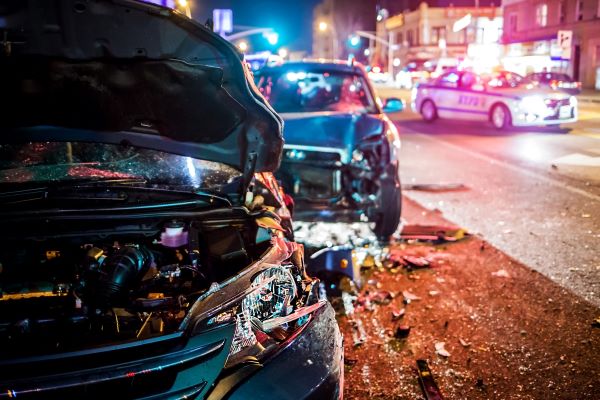The Psychology of Car Accidents
Car accidents can be traumatic events that leave a lasting impact on those involved. These emotional responses are completely normal and understandable given the sudden and unexpected nature of car accidents, but post-collision recovery is very possible with the right support. The aftermath of a car accident can often lead to feelings of anxiety, stress, depression, and even Post-Traumatic Stress Disorder (PTSD).
One way to cope with post-collision stress is to seek support from friends, family, or a therapist. Talking about the accident and processing your emotional reactions with others can help you work through feelings of fear, guilt, and anger. It’s important to remember that it’s okay to seek help with traumatic events and that you don’t have to go through this alone.
Related Reading: Psychological consequences of motor vehicle accidents: A systematic review
Another coping strategy is to practice relaxation techniques such as deep breathing, meditation, or progressive muscle relaxation. These techniques can help calm your mind and body, reducing feelings of anxiety and stress related to Post-Traumatic Stress Disorder. Taking time to focus on your breathing or engaging in activities that promote relaxation can help you regain a sense of control and ease tension.
It’s also important to take care of yourself physically after a car accident. Make sure to prioritize self-care activities such as exercising, eating well, and getting enough sleep. Physical health is closely linked to mental health, so taking care of your physical symptoms can help improve your overall well-being and resilience to stress.
Additionally, it’s important to challenge negative thoughts and beliefs that may arise after a car accident. It’s common to experience feelings of guilt or self-blame, but it’s important to remember that accidents happen and that you are not at fault for everything that occurs on the road.
Don’t allow your quality of life to suffer by ignoring emotional trauma. Finding a Mental Health Professional, if you have access to mental trauma care, can be key in your recovery.
By challenging negative thoughts and reframing them in a more realistic and positive light, you can help reduce feelings of shame and guilt. Find effective treatments for psychological trauma as soon as any physical injuries have healed.
Related Reading: Navigating the Emotional Distress After a Car Accident
Lastly, practicing mindfulness can be a helpful coping strategy for post-collision stress. Mindfulness involves being present in the moment and accepting your thoughts and feelings without judgment. By staying grounded in the present moment, you can prevent yourself from becoming overwhelmed by negative emotions related to the accident.
In conclusion, car accidents can have a lasting impact on our mental health and well-being. It’s important to recognize and validate our feelings of stress, anxiety, and fear after a collision. By seeking support from others, practicing relaxation techniques, taking care of our physical health, challenging negative thoughts, and practicing mindfulness, we can effectively cope with Post-Traumatic Stress Disorder and work towards healing and recovery.
Remember that it’s okay to seek help and that you are not alone in this experience. Be gentle with yourself as you navigate the emotional aftermath of a car accident, and remember that healing is a process that takes time. By implementing these coping strategies, you can work towards finding peace and moving forward from the trauma of a car accident.
Further Reading: Is it safe to fix a bent car frame?
This article is provided to consumers by Newark Autobody Collision and Glass, LLC. If you are in Ohio and looking for quality auto body shops ‘near me’, we are here to help you.
Ohio Drivers: Contact Newark Autobody for Your Auto Body Repair
Newark Autobody Collision and Glass
977 Mount Vernon Road
Newark, Ohio 43055
Phone: (740) 899-4111
Fax: (740) 888-3500

